Chapter 1
Why today?
This thought gripped Daoud Abdel-Malek as he mulled over the events of the hours just past. A feeling that he could not shake held him fast for a long time thanks to this day unlike all others. Time and the seasons blend together; people come and go, and we don’t know where they have come from or where they have gone. And every few years, there comes a man unlike the others—one with a distinctive character who grabs us by the lapels and dazzles us for a spell. But soon he disappears along with all those who had vanished before him. The days pass after him as they had before: neither joyful nor sad, neither exciting nor monotonous, but simply ordinary. The sun rises in its accustomed way. Folks rush to their jobs as ever, then return to their homes as always. They are content with their wives and husbands, with their children, with their fathers and mothers. They joke a little, are merry a little, eat a little, and talk a little. Then they split up, or go to sleep, or depart from us, and the smiles with the sorrows all fade away as all these “normal” days merge until once again there comes along an unusual man. Most people think of all that happens in this life as either chance or irony while others call it fate or destiny. What folly!
O God, what is this accursed cold weather?
He was still walking on the Corniche with confident steps, far from the ruckus of Ramla Station, drawing comfort from the repetitive tread of the heels of his shoes on the surface of the pavement amid the calm that shrouded the street around him in an unusual silence. Under his left arm dangled an oud—the Arab lute—that never left him. Before today he had been merely an oud player who performed in an ensemble at parties for the underprivileged people in Moharram Bey and Maks or the most affluent in Azarita or Ibrahimiya, where the foreigners lived, with their opulent tips. True, they called him “the King,” but that was only talk—just joking around to have fun with those who brought him money. In any case, the pay—for weddings, birthdays, celebrations during the first week after a birth, and circumcisions—was rather paltry.
His friend Sheikh Hassanein al-Basri, impresario of weddings and Qur’an reader at wakes and funerals, would come to the old house in Moharram Bey, where he had his flat on the third floor. “Hey, Khawaga Daoud!” the sheikh called from the entrance in his loud, ringing voice. And Daoud realized at once that there was a job for him somewhere, with thirty piastres attached.
He stopped, turning to look up at the sun setting behind the Silsila quarter stretching out before him, its low buildings heaped up along the horizon before becoming the magical line separating the spreading blue sea from the sky red with its turning, burning, plunging sun. The sun’s lower third had disappeared, signaling for Daoud the departure of an eventful day and promising that, for his sake alone, a completely new sun would rise tomorrow at dawn. He pulled in the sides of his woolen coat, whose gleaming black color from the day he bought it in the Ladies Alley market had changed to a deep mousey hue from long use and neglect. He had wrapped the wine-colored scarf around his neck and adjusted the dark red tarboush (the Egyptian fez) stained with black at the bottom—it had never been cleaned or pressed, solely for lack of money—that sagged on his head. He pressed it down to ward off the February cold blowing from the rebellious sea waves, which tumbled and broke wildly, spraying in the wind over the line of cube-shaped rocks covered with a green carpet of plants and algae that became exposed when the water receded from them. These rocks lay compressed down the length of the Corniche in Alexandria—Daoud’s sweetheart, his refuge, his home, and the place where he was born.
He filled his chest with the bracing smell of the sea, swimming in his thoughts as he contemplated the scene around him and those succeeding events that had made up his day until now. Quickly he put his chilled hand into the right-hand pocket of the coat to feel its warmth, fingering the silver ring abandoned in its depths as he hummed:
My heart wept for the wound that my lover left in me.
To whom shall you complain, my heart
Now that my lover has left me?
In those days, Daoud Abdel-Malek was called “al-Khawaga Daoud” despite the fact that he wasn’t a foreigner who had come to Alexandria from another country, for example. Nor had he ever left her or even the district of Moharram Bey, where the apartment that he had inherited from his deceased father was located. Except, of course, the rare times when work or immediate necessity compelled him to leave for a few hours or days at most for nearby cities or to Cairo: Masr, as the Alexandrians called it. And even that had happened just a few times. Despite the fact that he did not know any other country and spoke only Arabic, he was still called “al-Khawaga” because he wasn’t a Muslim like the others. He was called such also even though he had been dubbed “The King of Crooners” in moments of revelry for the number of tunes and songs that he had memorized, his skill in playing the oud, and his strong, sweet voice, to which all would testify. An Alexandrian like his father, grandfather, and great-grandfather before him, born and raised in its streets and alleys, he was educated in its schools until he earned his baccalaureate, but he never chased after a government posting. He was like a bird who loved his freedom; he would boast of it among his peers.
The days fluttered past until he reached middle age, on the brink of fifty. He was of medium build and modest height, yet he was handsome, with delicate features. Brown-skinned with a bronze cast wrought by the wind, water, and sun of his radiant city, with close-set, honey-colored eyes that always burned brightly. His curling, symmetrical mustache gleamed black like his hair, in which the white roots showed on his sideburns and forelocks, all oiled and combed neatly at all times. He walked haughtily with a broad gait, holding himself higher with each step, always taking care of his clothes and appearance as his material circumstances allowed. He was a vigorous man who loved life, singing, and good cheer.
He liked everyone, but he adored women! He had married three times over the course of the years gone by, losing his first two wives—the first, Budur, to tuberculosis and the second, Sophie, who was of Turkish–Jewish stock, when she ran away. Sophie was the only non-Egyptian woman he had ever been with. She had fled from Egypt in the upheaval of the Second World War when the news spread that the Nazi forces were approaching the town of al-Alamein. Sophie had suddenly packed up her suitcase and, with her child, Margo, in her arms, sailed to Marseilles onboard a little steam ship carrying a small group of European—Ashkenazi—Jews from Alexandria, running away from the coming Germans. Daoud had sired thirteen children, seven of which were lost in infancy or adolescence while six remained. The dearest to his heart was Suleiman, the eldest son from his current wife, Elaine, who also had borne him Mona and Makari, though the last was carried away by the cholera epidemic of the previous summer. There was also Fouad, the oldest of all his sons, as well as Musa and Layla, whose mother was Budur.
As for Elaine, she had been an orphaned Coptic girl living under the protection of the church in the Sanctuary of the Virgin in the Kawm al-Dikka district. She was pretty, with wide dark eyes that dominated her face and made people look at her. Her jet-black hair was braided in a ring atop her head, which was extremely round like that of a baby; her wheat-colored skin was soft. But what truly set her apart most was her ceaseless, burning energy. She always used to jump out of bed before all the other girls in the little dormitory and rush off to the church, which was really the last room in the passage that stretched like an artery connecting the rooms of the house.
***
Buy Suleiman’s Ring here: Amazon
Excerpt from SULEIMAN’S RING published by Hoopoe Fiction, an imprint of American University of Cairo Press. Copyright © 2023 by Sherif Meleka.


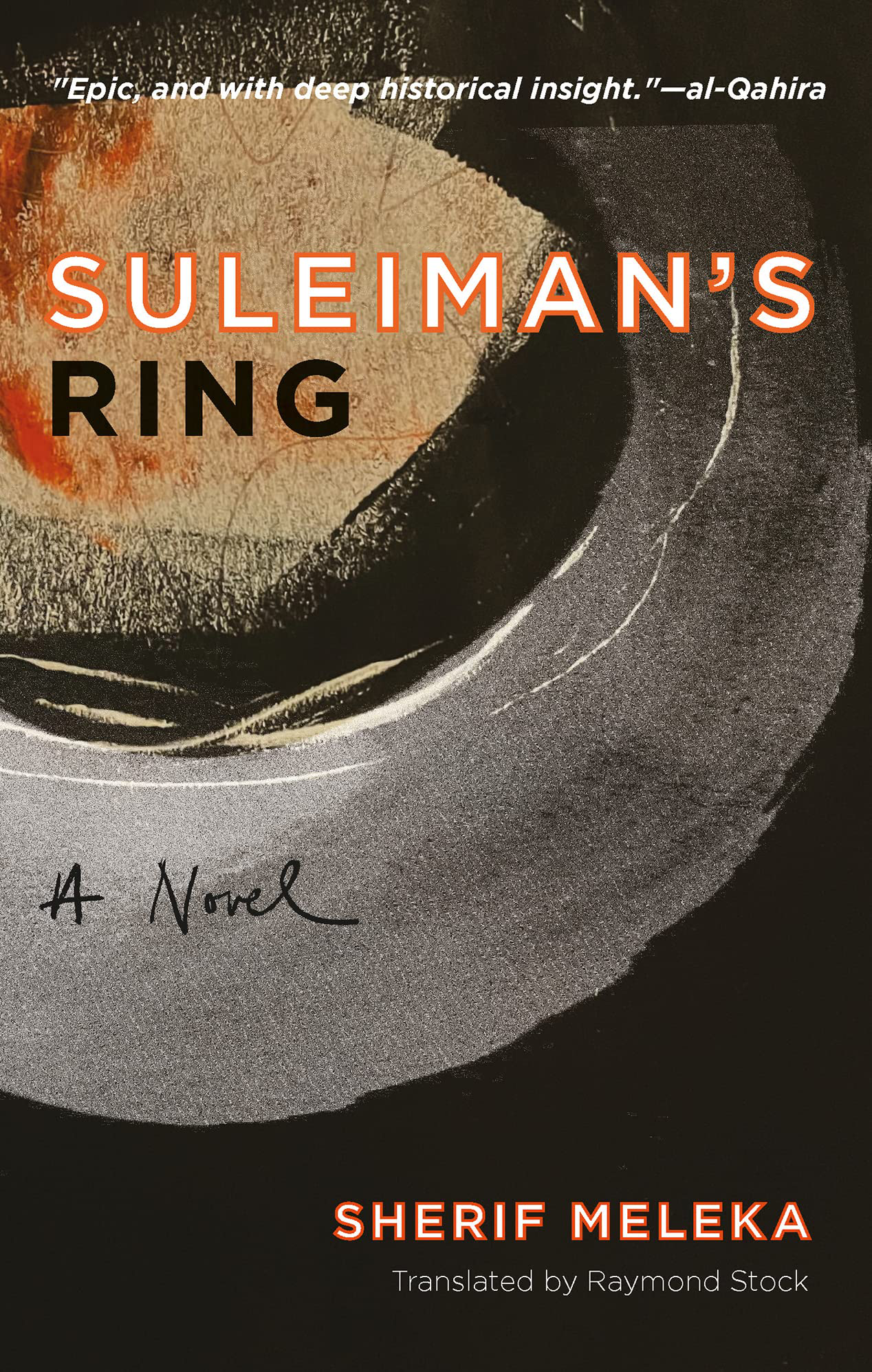
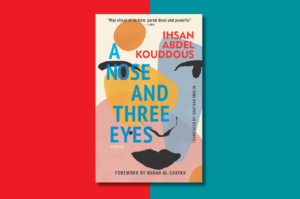
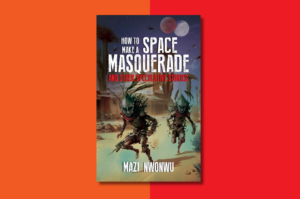
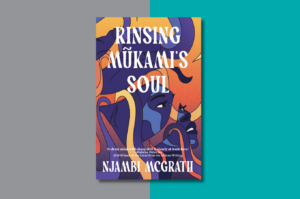
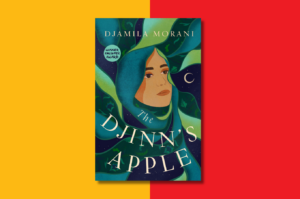
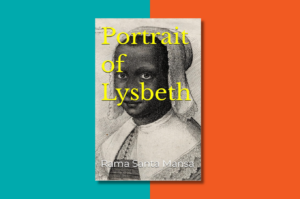
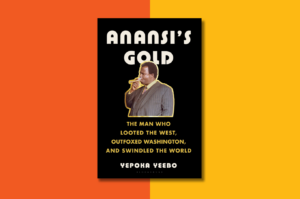

COMMENTS -
Reader Interactions